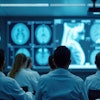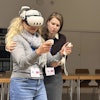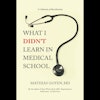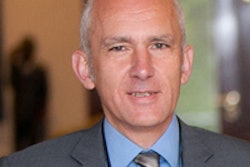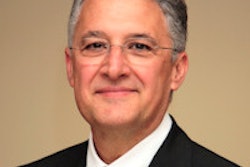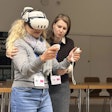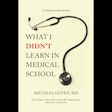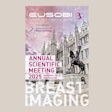While radiology is well positioned to handle current and future challenges, a number of research education-related gaps still remain, according to an opinion paper from the European Society of Radiology (ESR). But in a section about the attitudes of young researchers, the authors say Generation Y has a worse reputation than it deserves.
In an article published online on 13 March in Insights into Imaging, the ESR pointed to the following areas:
- The need for radiologists to be involved in basic research
- The issue of radiology-specific research versus research services for other disciplines
- The need for adaptation to new research topics; the general attitude toward research
- Career planning issues
- The lack of incentives for researchers
- Gender issues with loss of women from the research pipeline
- Limited financing for research education
- Variability between countries and institutions
"There is no easy answer to such challenges," the ESR wrote. "However, all stakeholders, from the ESR to subspecialty societies, university departments, general radiology departments, and the individual radiologist must recognize and promote research within their competencies."
In terms of attitude toward research, the ESR said that Generation Y -- those born between 1980 and 2000 -- may have a reputation that is worse than it actually deserves.
"However, limited working hours, predictable careers, and meaningful work contents may not favor research activities alongside a busy clinical schedule," they wrote. "At the same time, some senior radiologists may not see research and research education as important as the ESR Working Group on Research Educations might hope. When time and other resources are limited, research competes with clinical work, and clinical training and may easily lose."
The ESR also noted that Generation Y's many positive aspects, such as typically having empathy and a true interest in meaningful work, may lead to an extra effort in research, according to the ESR.
"To convince Generation Y of the importance of research and research education for the future of their discipline is crucial," the ESR wrote. "Most important in this process are radiology leaders and other role models, such as basic researchers, who should promote the concept of radiology as a research-oriented discipline."
In other areas of improvement, the ESR said additional means for research education need to be developed and that scientific and professional trends must be actively followed. Minimal standards in research education should also be maintained throughout Europe, according to the society.

